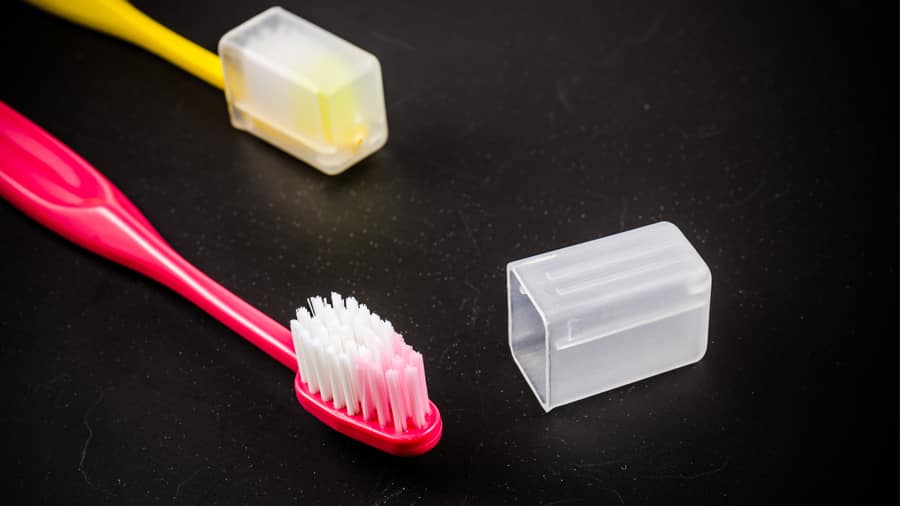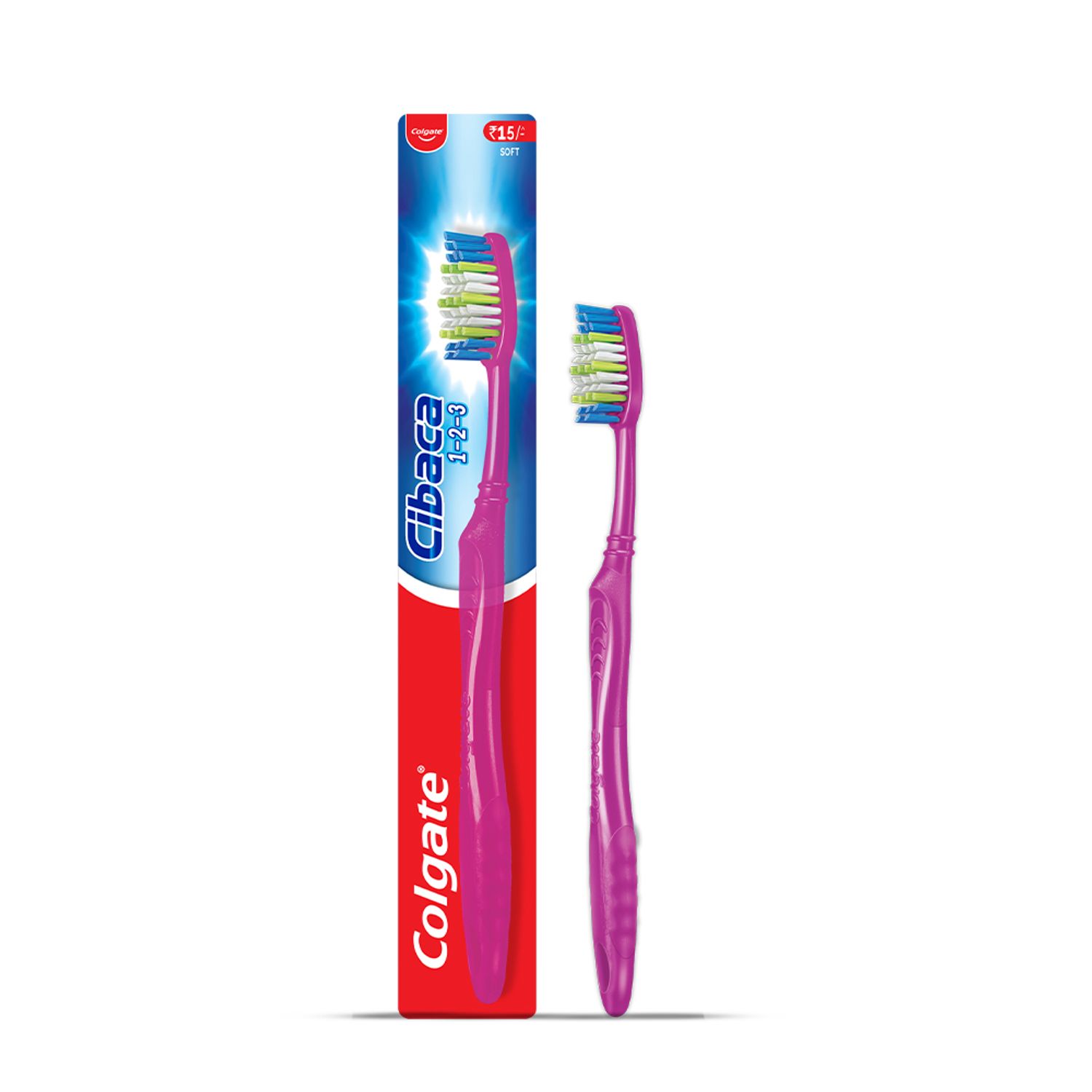Toothbrush Germs
Believe it or not, the bacteria on your toothbrush may not be all that bad. The American Dental Association (ADA) reports that even though bacteria accumulates on your toothbrush, there is no indication that these germs negatively affect your oral or general health.
Your body is continually subject to bacteria, but it fights off infections by using passive and active mechanisms. Skin and mucous membranes are passive barriers that keep germs out of the body. If the skin or membranes become compromised, your body uses antibodies (white blood cells), as well as digestive acids and enzymes to protect you from disease. However, someone who has a compromised immune system or a disease that is transferable by blood or saliva may consider taking extra precautions to reduce bacterial contamination on their toothbrush.
Disinfecting Your Toothbrush
You can find all kinds of gadgets and solutions that claim to sanitise or disinfect your toothbrush, but sanitising is different from sterilising. Sterilising means that all bacteria are eliminated, while sanitising means your brush won't be entirely germ-free.
The ADA explains that there isn't conclusive data on the effectiveness of disinfecting your toothbrush with solutions like antimicrobial mouthwash or hydrogen peroxide. It's important, however, to not put your toothbrush in the dishwasher or microwave, as these cleaning methods will likely damage your brush.
A toothbrush cover may seem like a good option for keeping your toothbrush clean, but the ADA notes that closed containers create a moist environment that actually promotes the growth of bacteria.
Toothbrush Care Recommendations
Here's a list of the ADA's toothbrush care recommendations. You may already be doing most of these things, but it's a good idea to reassess your routine once in a while.
- Do not share your toothbrush with anyone in your family. Sharing can put you at risk for infection, especially if a family member has a compromised immune system.
- After each use, rinse your toothbrush with water to remove all food debris and toothpaste.
- Store your toothbrush uncovered in an upright position and allow it to air dry away from bathroom contamination.
- Replace your toothbrush every three to four months or sooner if the bristles are frayed or you have been sick. Your child's toothbrush may need more frequent replacements.
Avoiding Infection
If you are more susceptible to infections due to a systemic disease, the flu, chemotherapy or radiation treatments, taking extra safeguards to prevent bacteria exposure may be worthwhile. These individuals should replace their toothbrush more often than the usual three to four months and consider using an antimicrobial mouthwash on the brush to reduce the number of bacteria. Before trying any toothbrush sanitiser, check that product has been approved by the authorities.
Whether you're sick or healthy, wash your hands before brushing your teeth to prevent transferring germs to your mouth.
Use common sense and implement some basic hygiene routines to keep your mouth as clean as possible. Scheduling regular appointments with your dentist will also ensure your teeth stay healthy.
This article is intended to promote understanding of and knowledge about general oral health topics. It is not intended to be a substitute for professional advice, diagnosis or treatment. Always seek the advice of your dentist or other qualified healthcare provider with any questions you may have regarding a medical condition or treatment.
ORAL HEALTH QUIZ
What's behind your smile?
Take our Oral Health assessment to get the most from your oral care routine
ORAL HEALTH QUIZ
What's behind your smile?
Take our Oral Health assessment to get the most from your oral care routine













